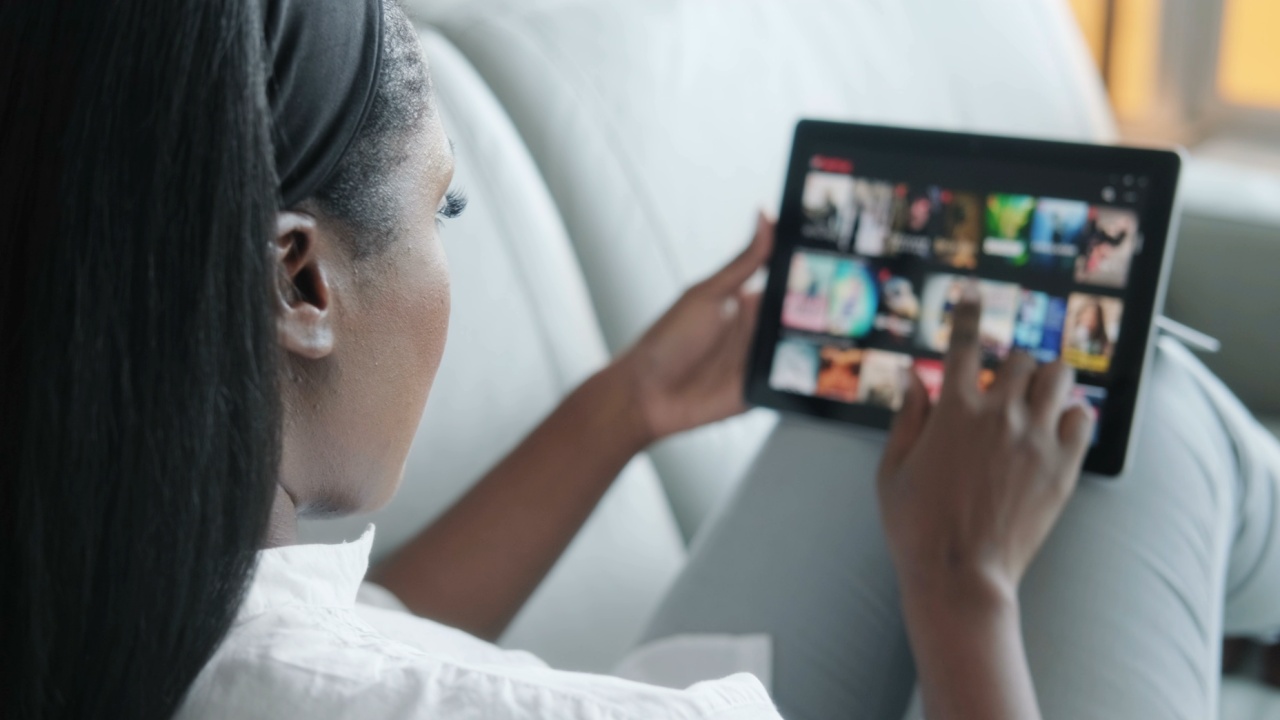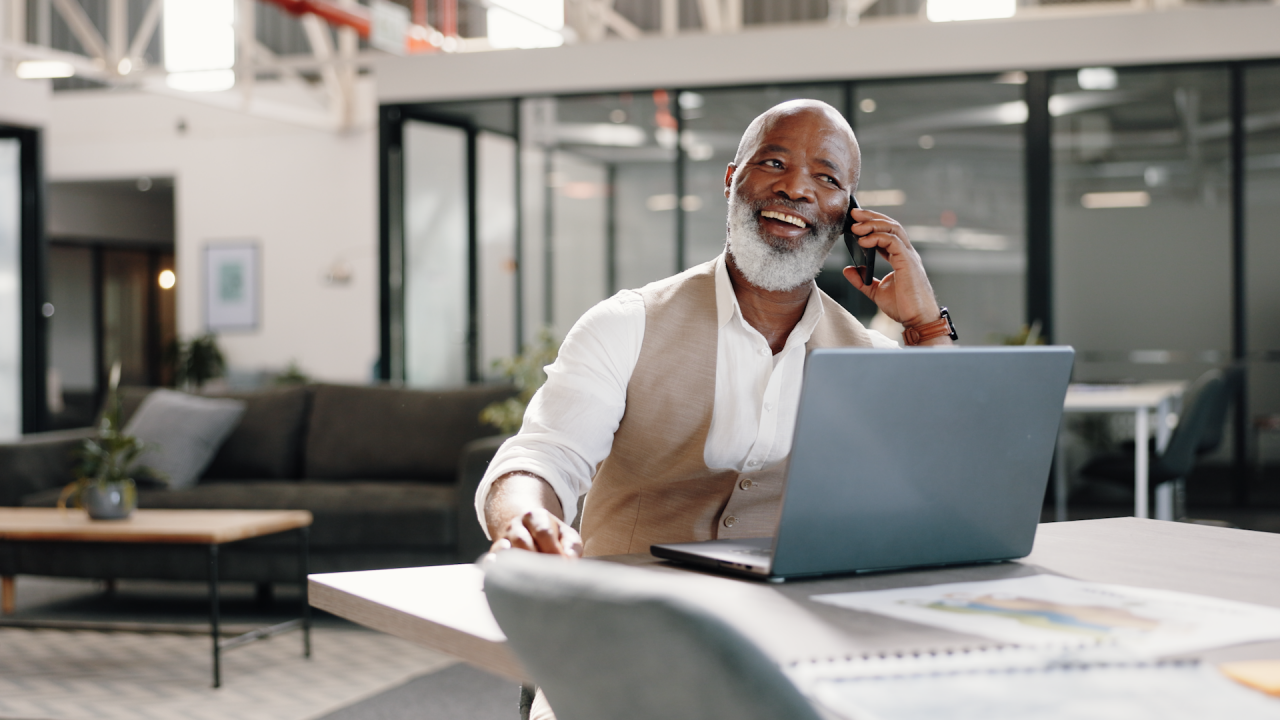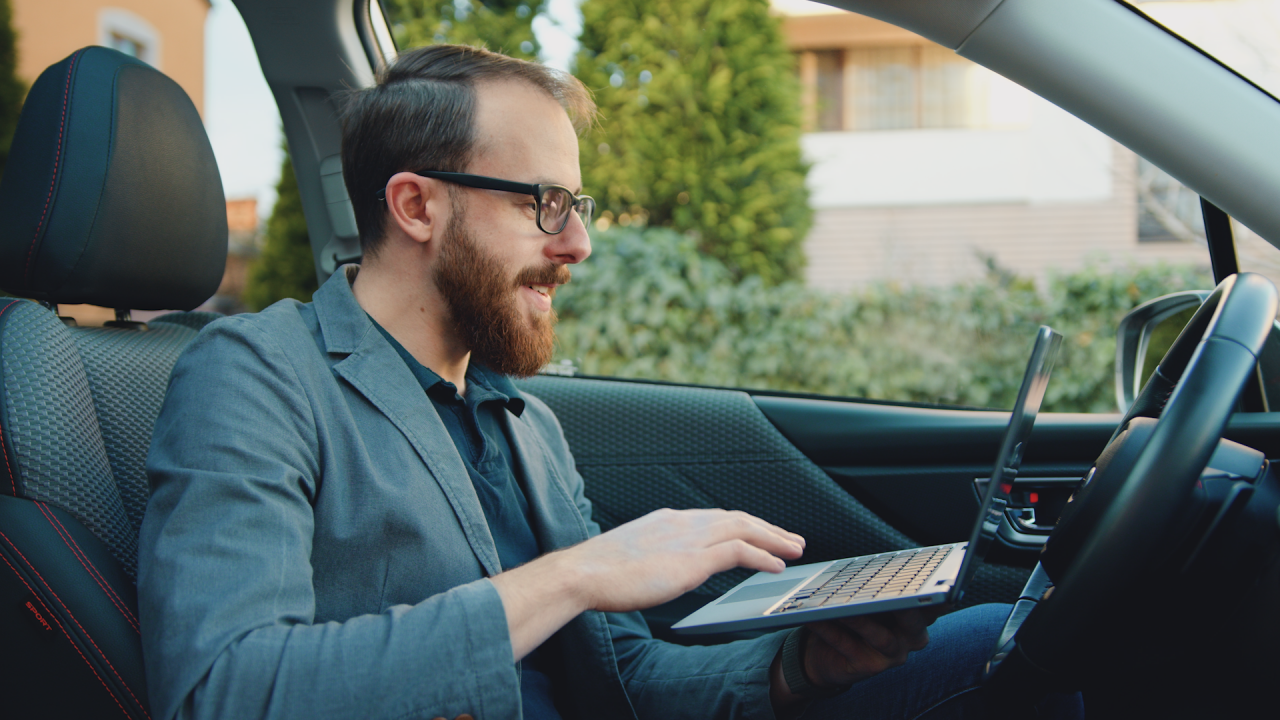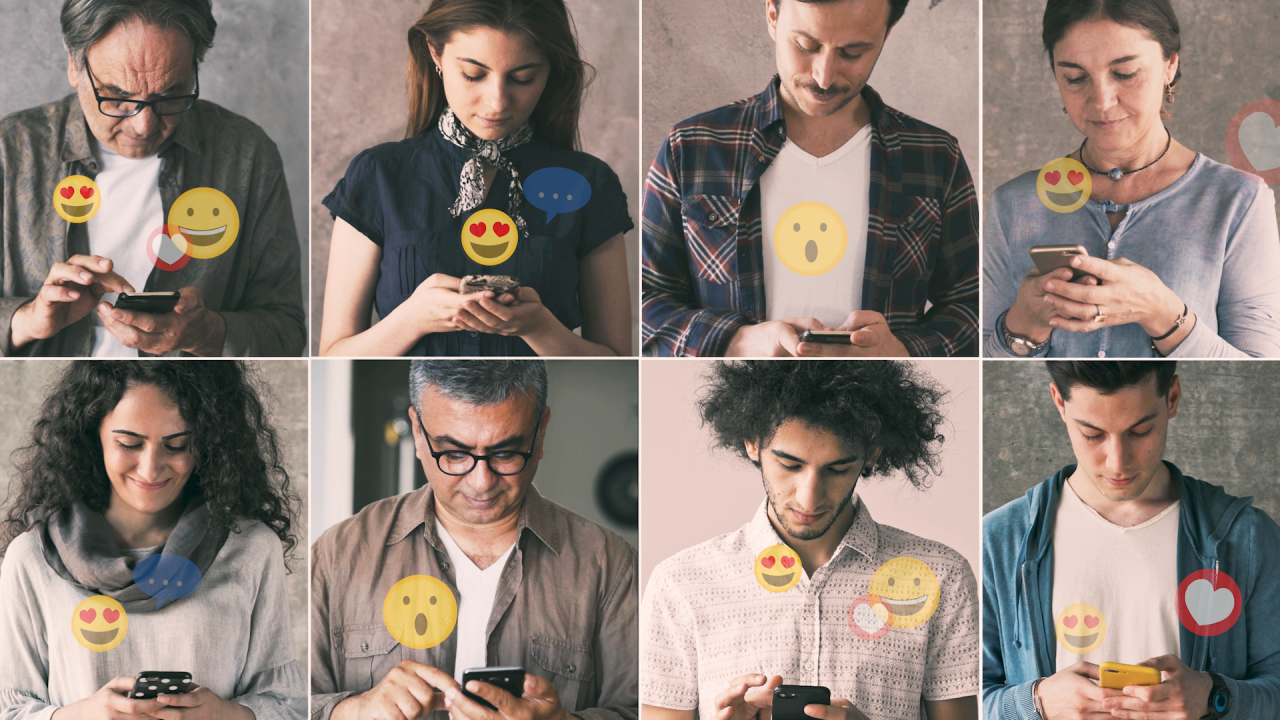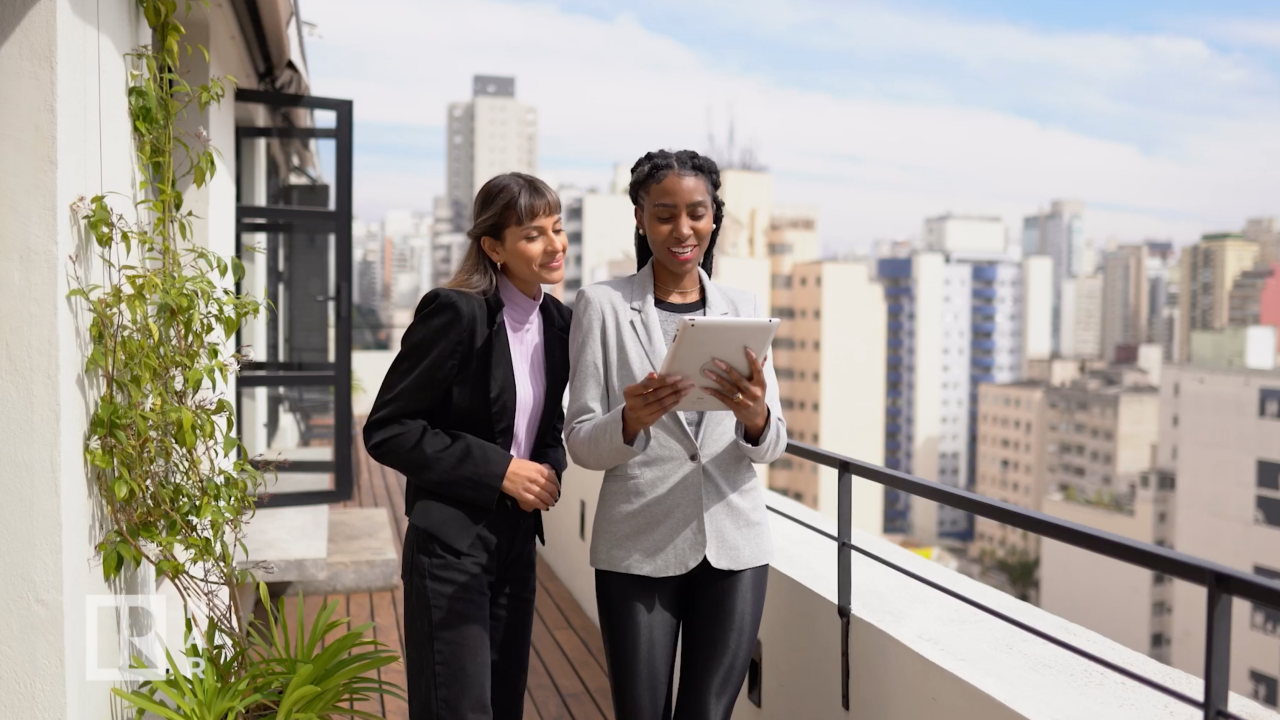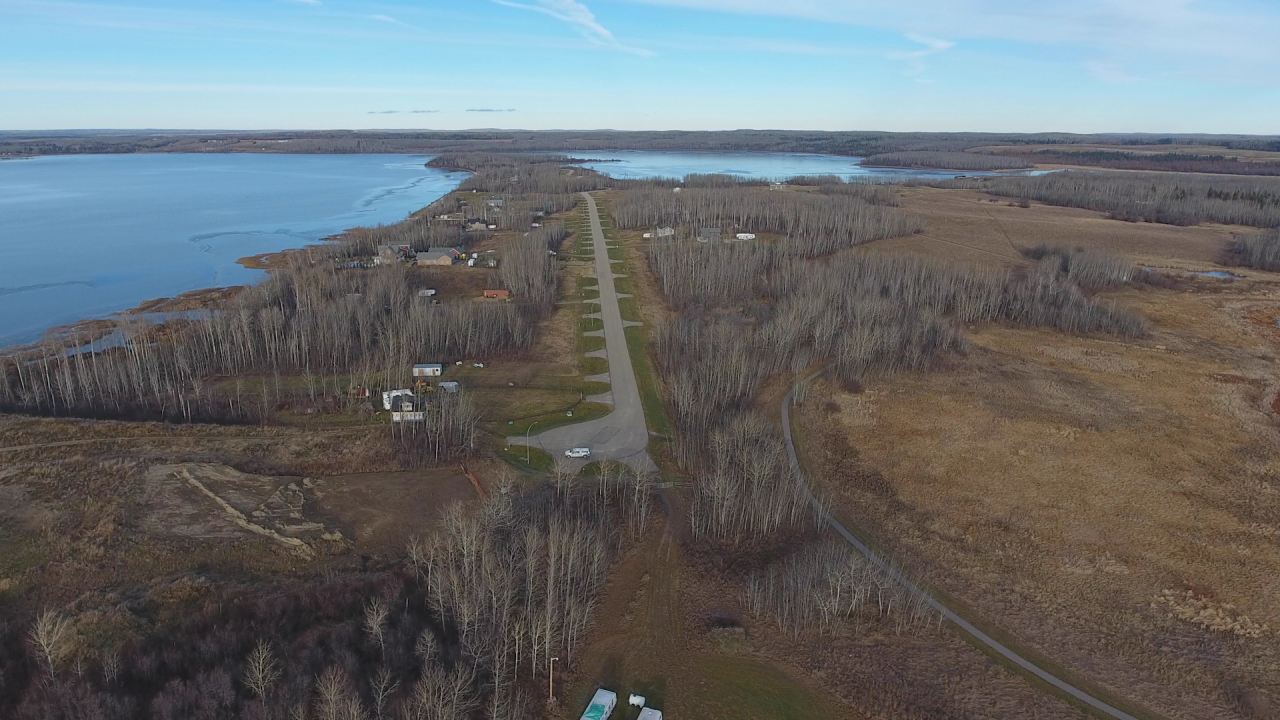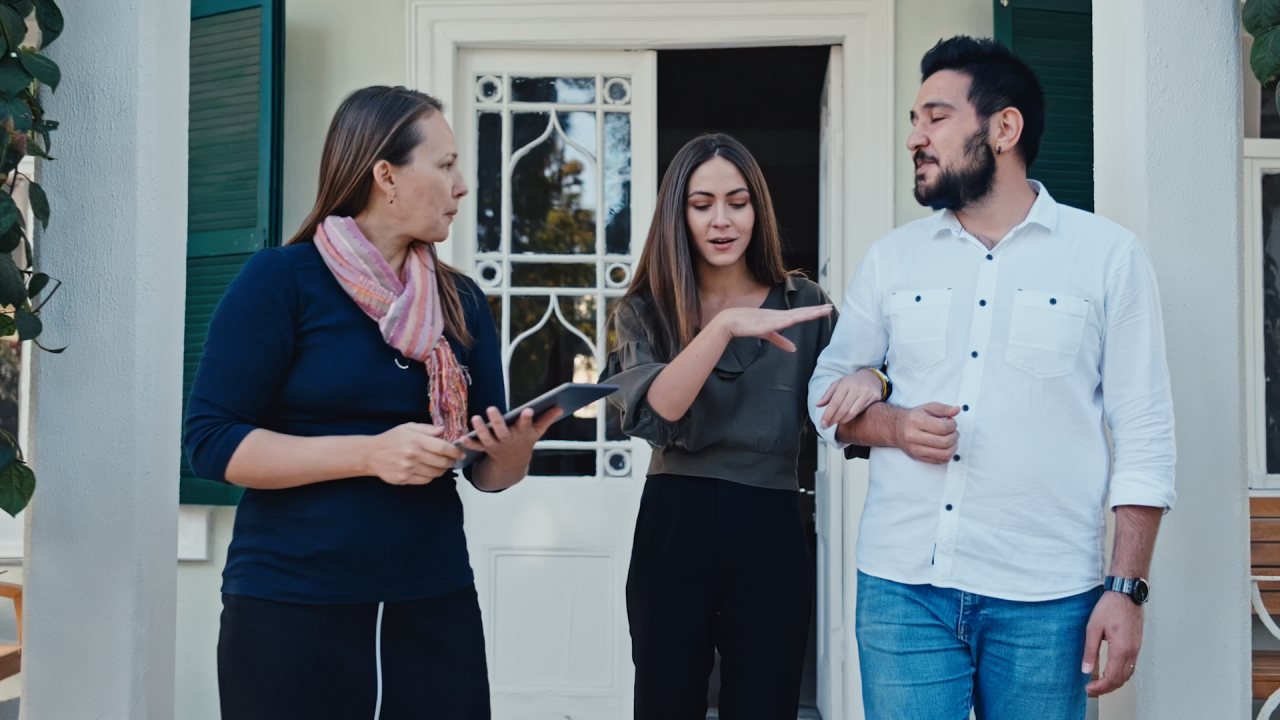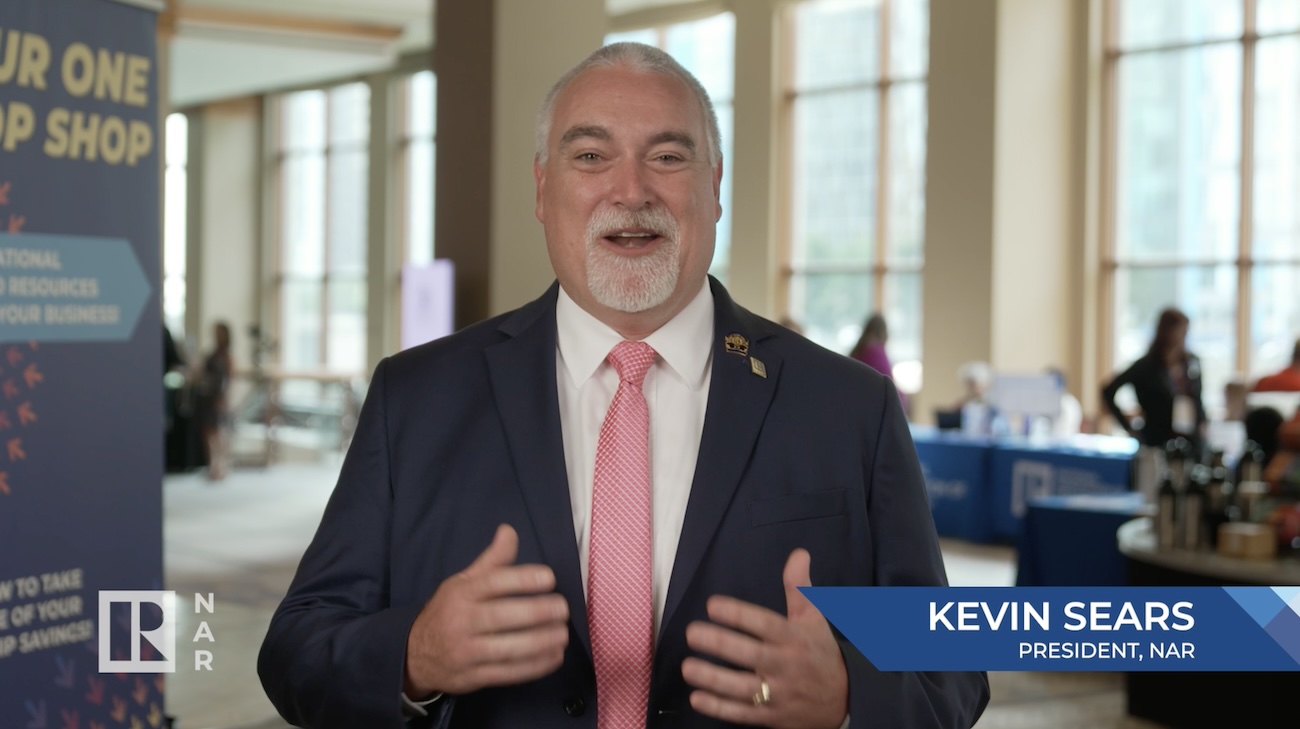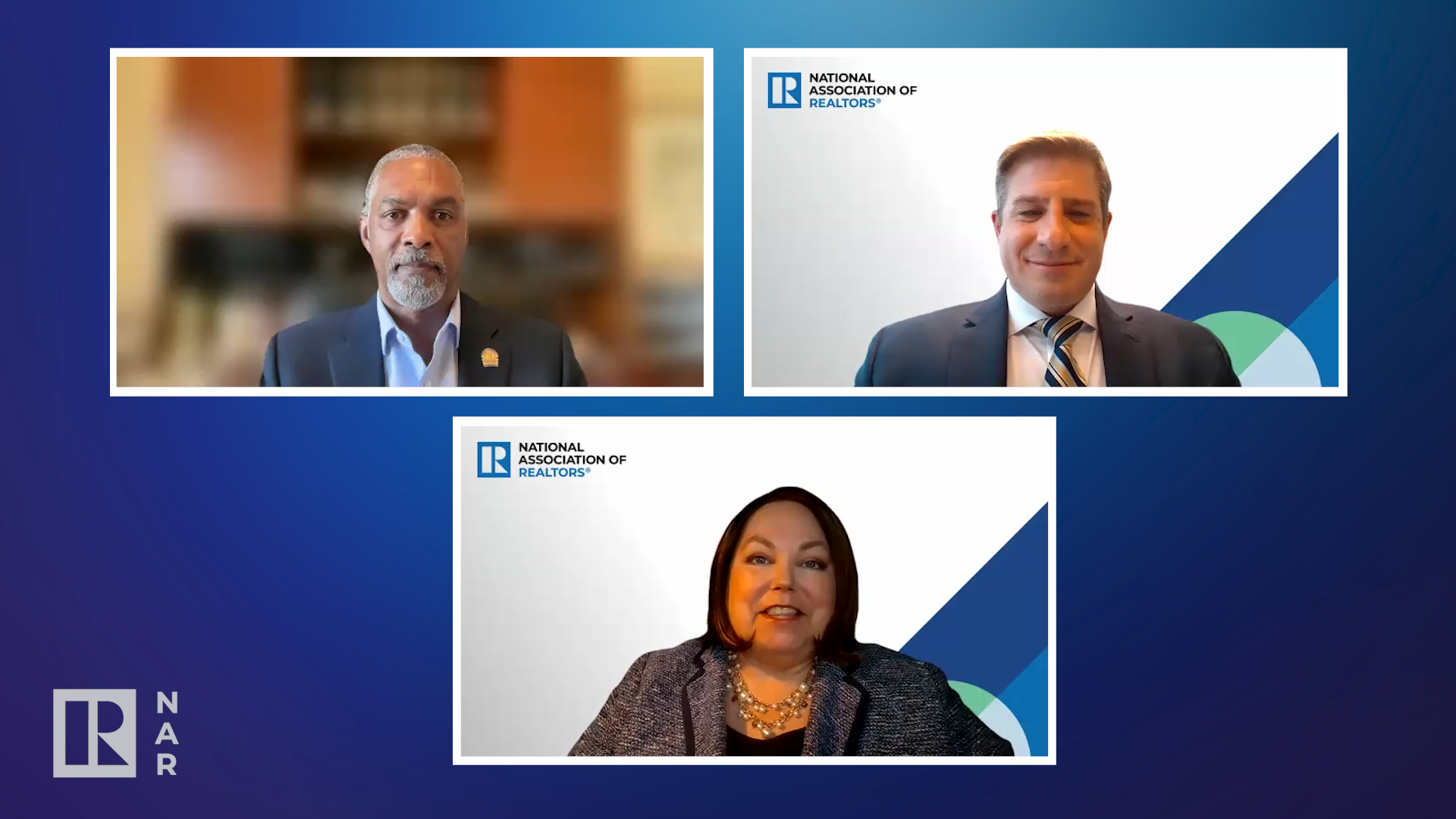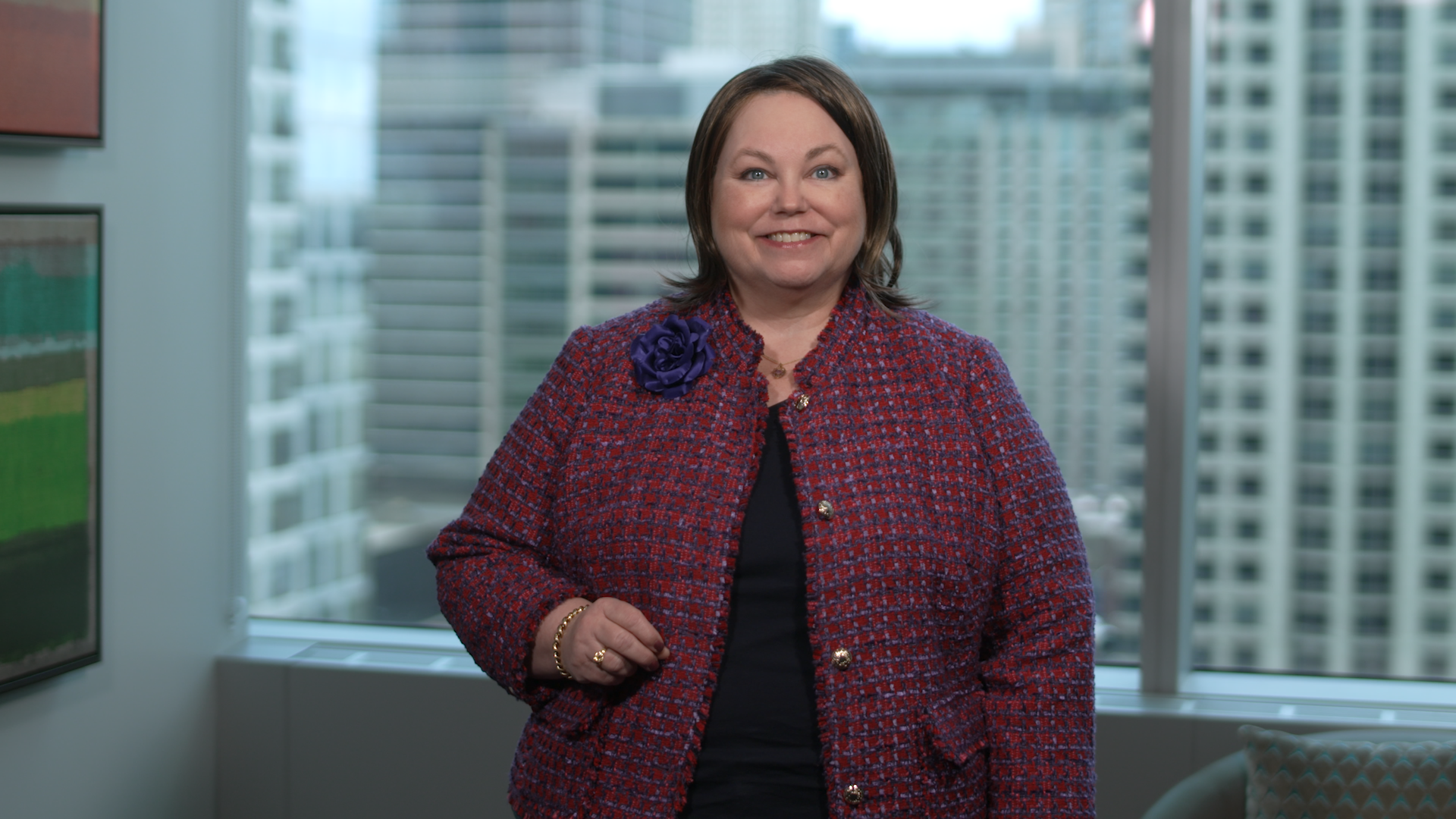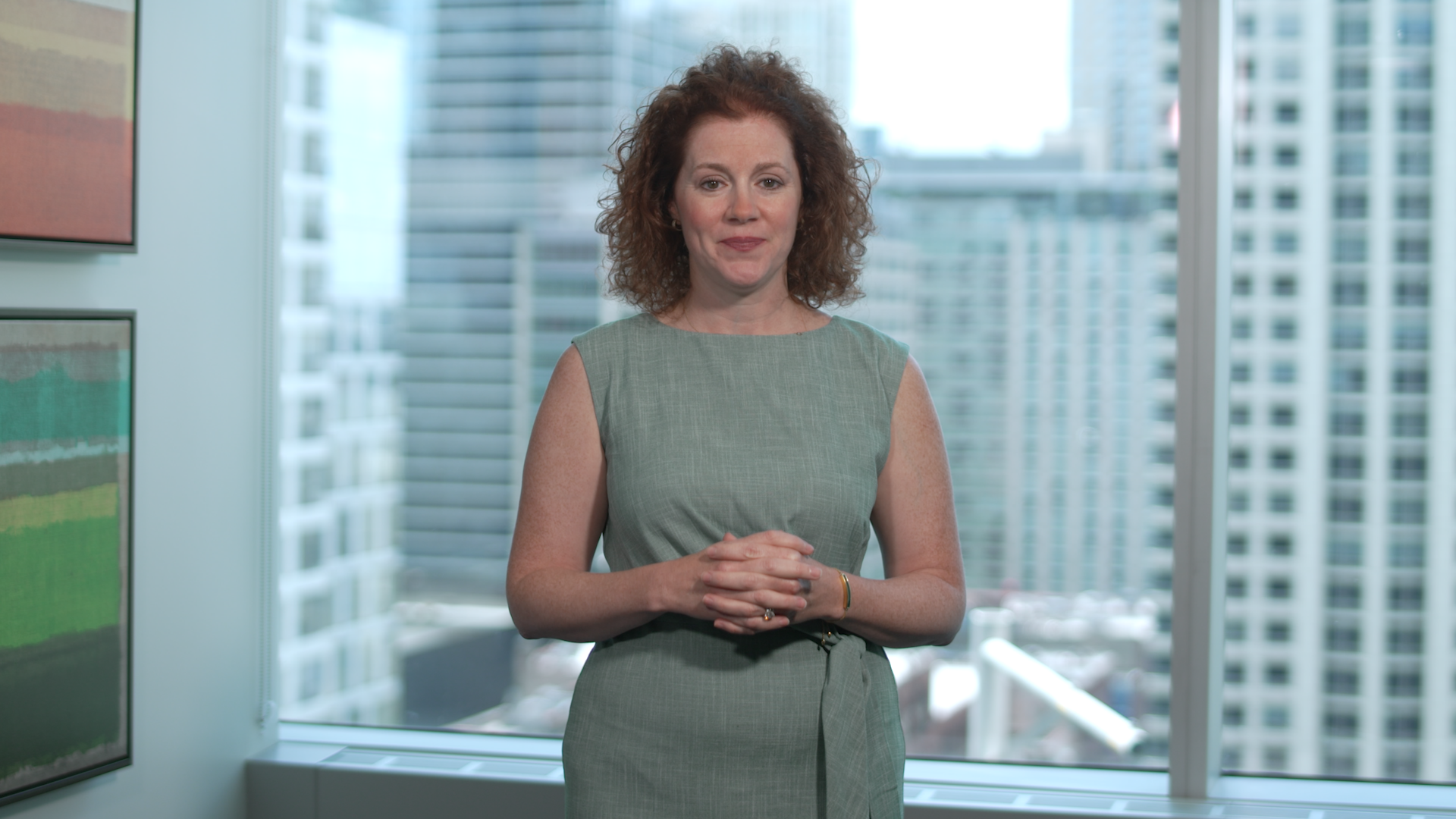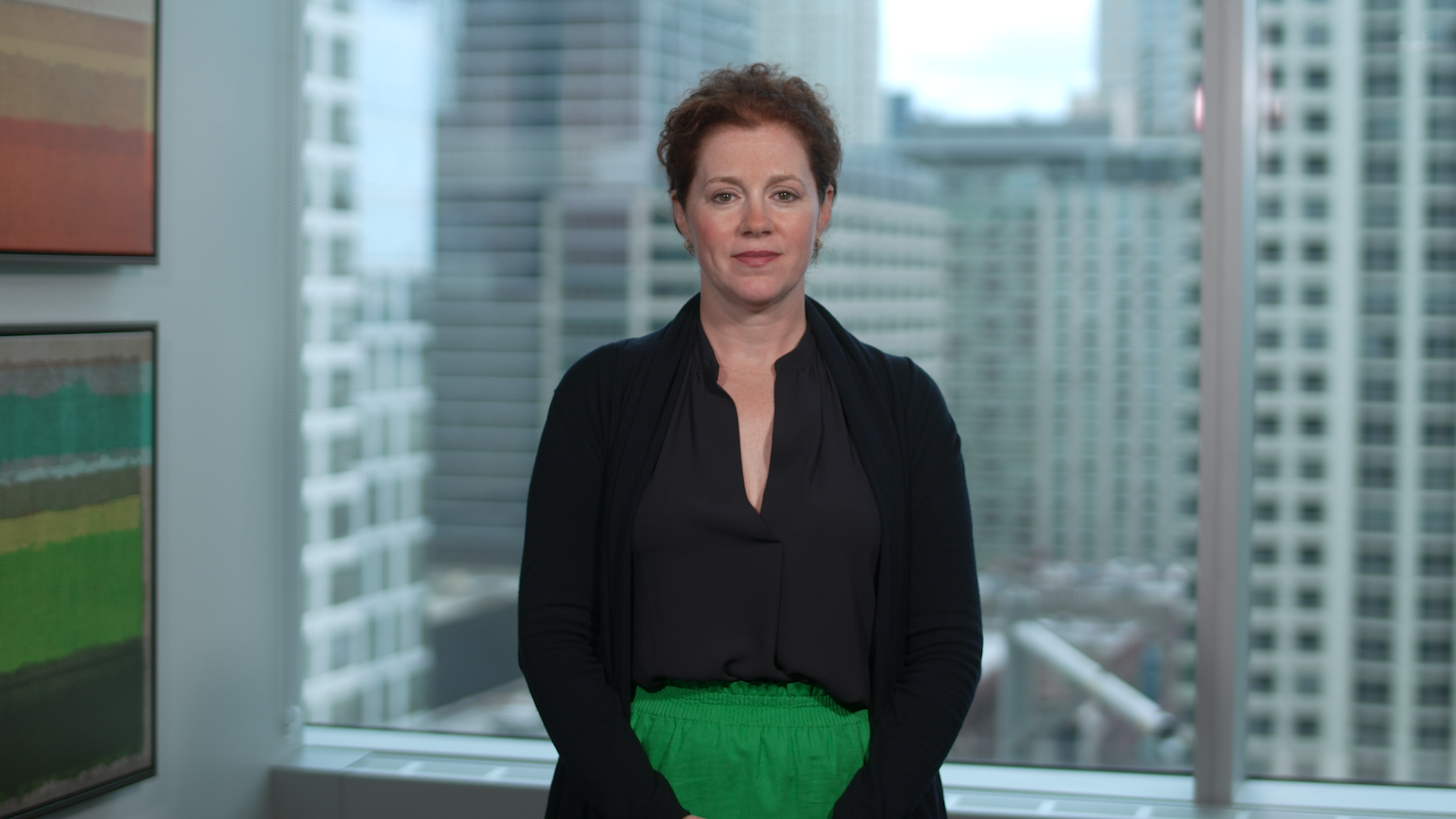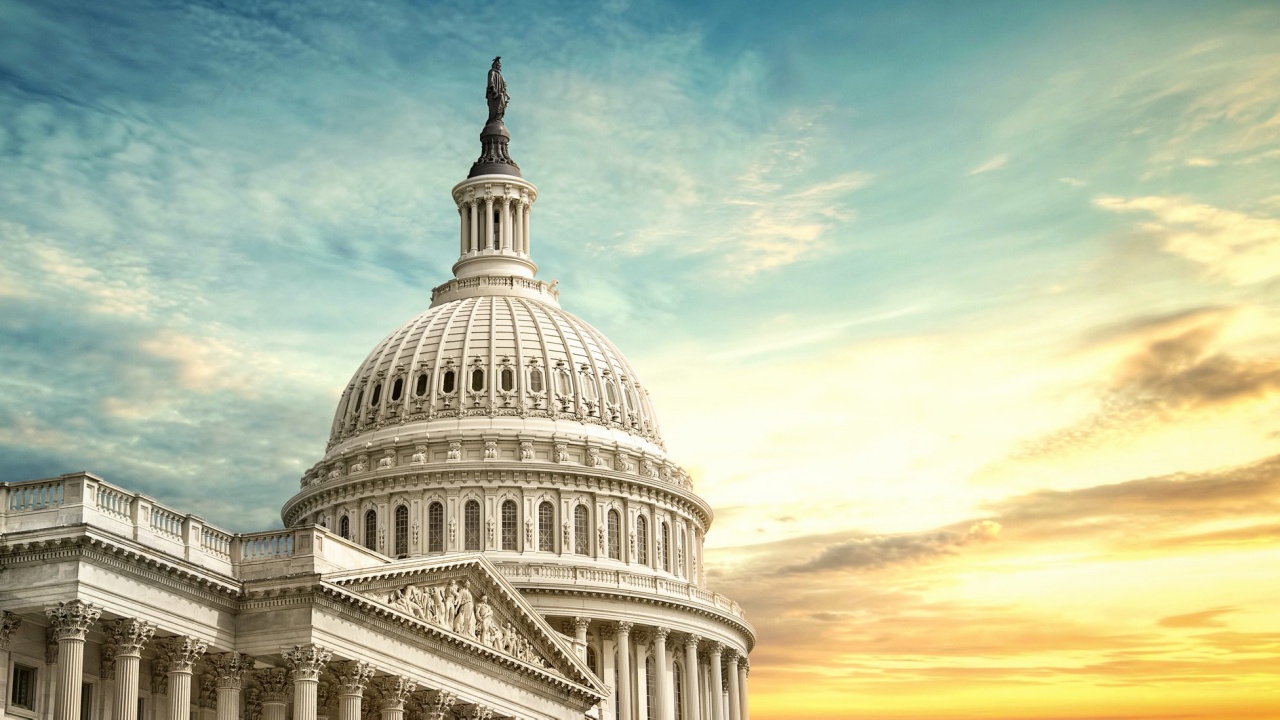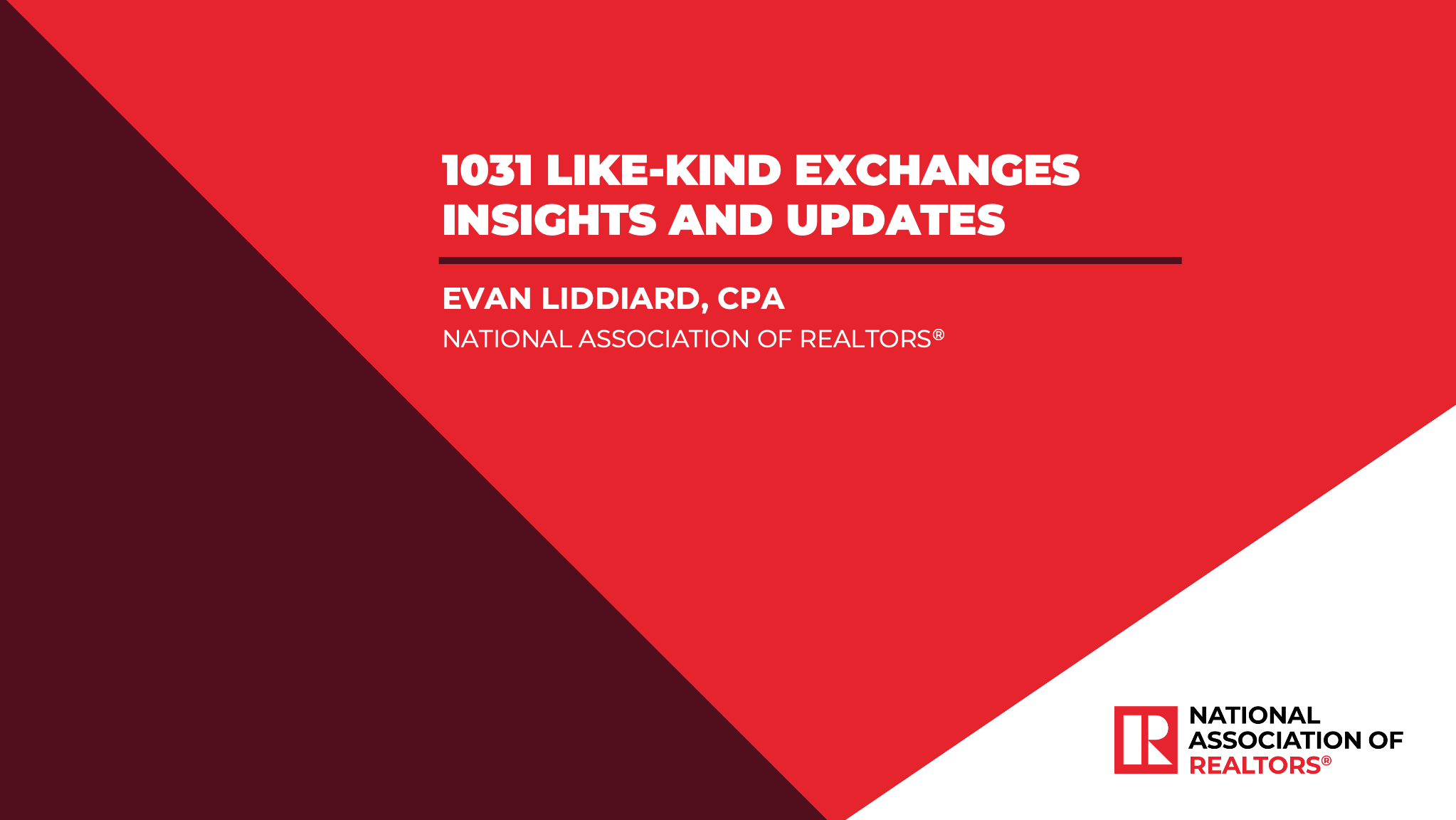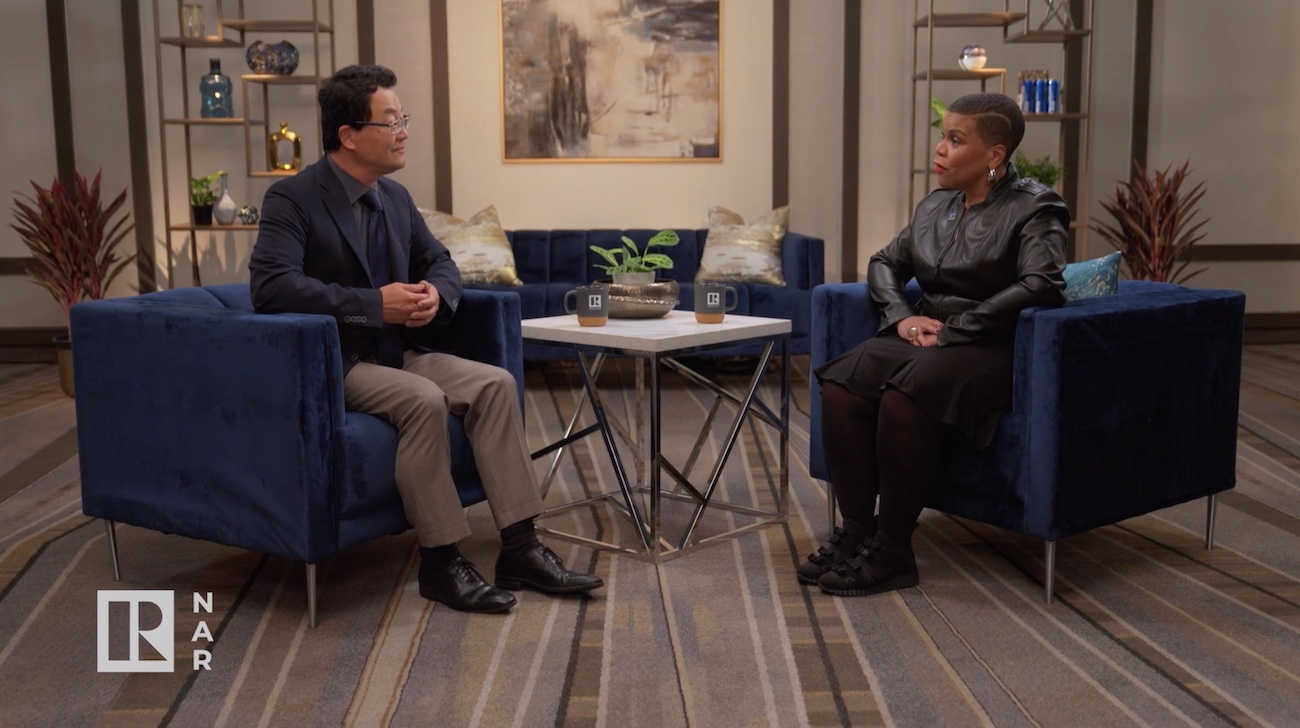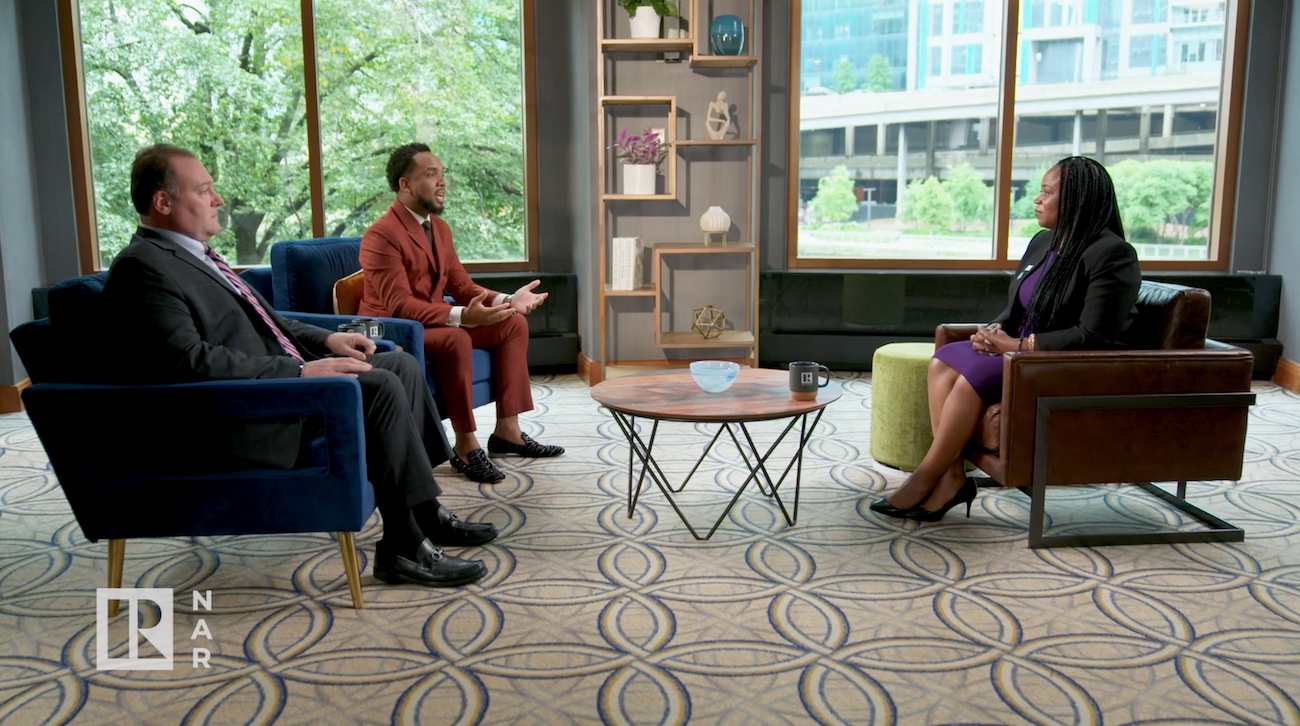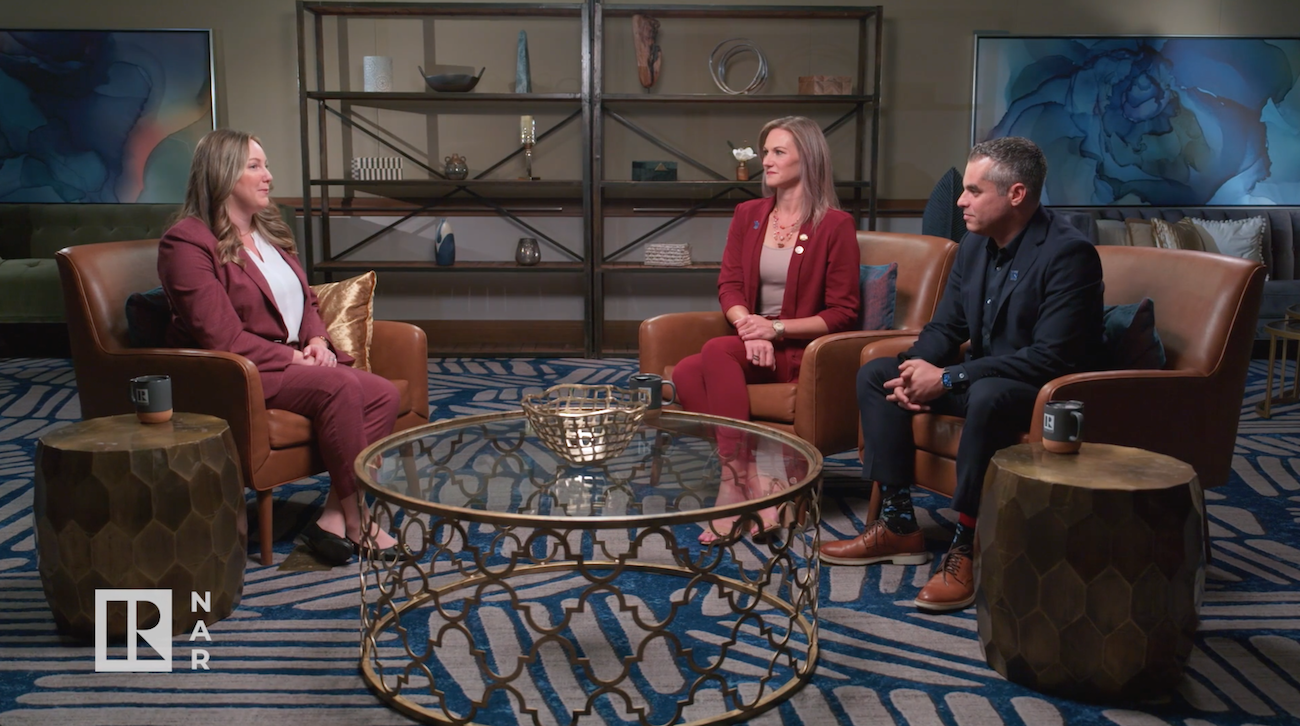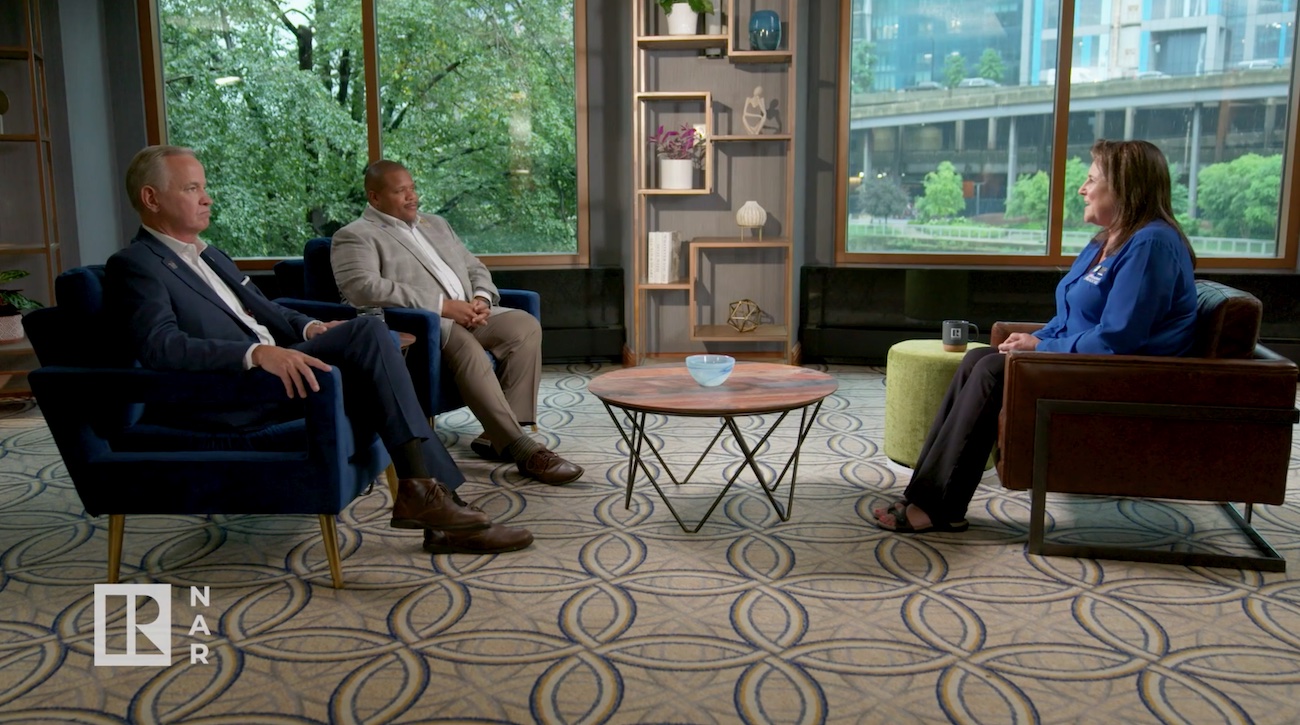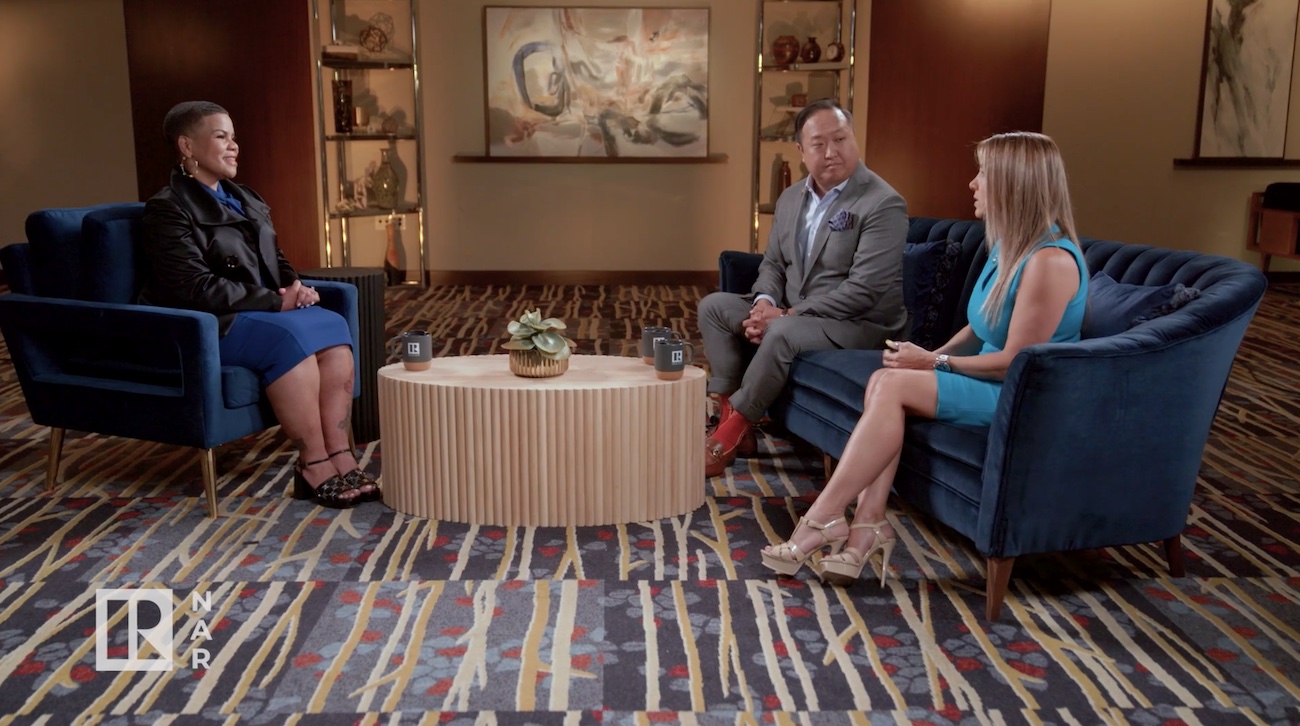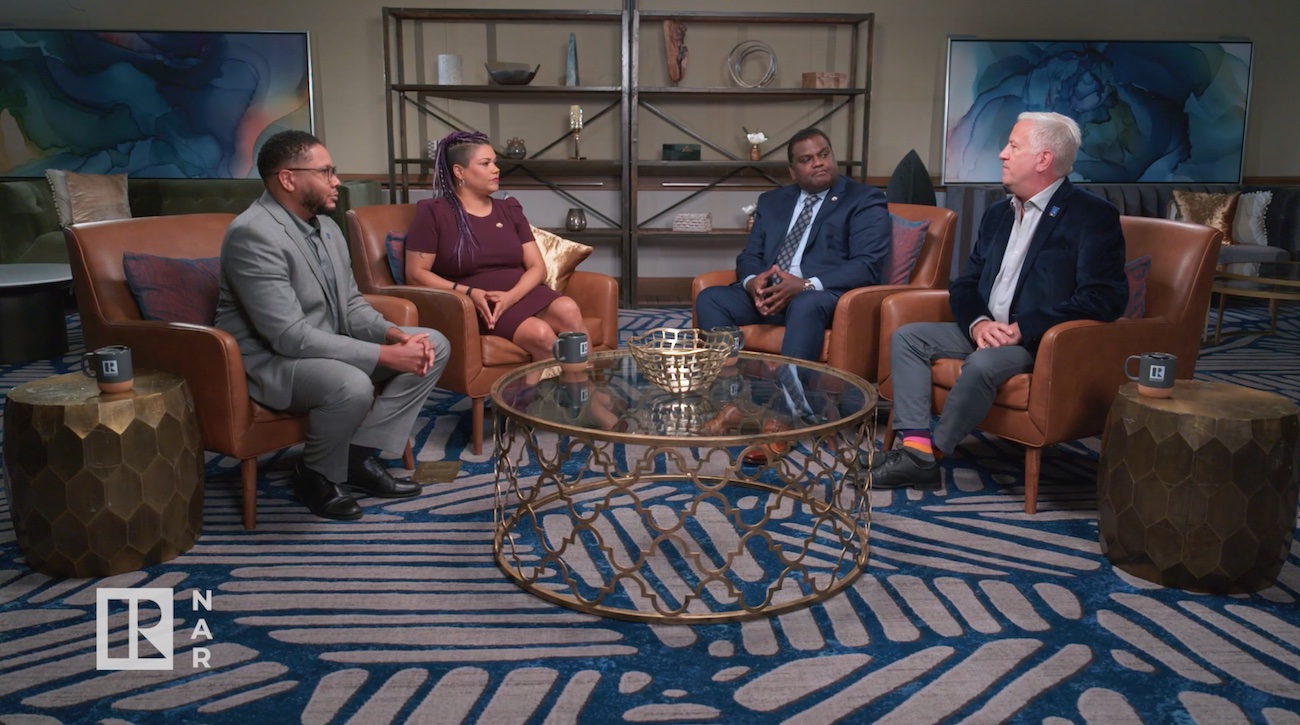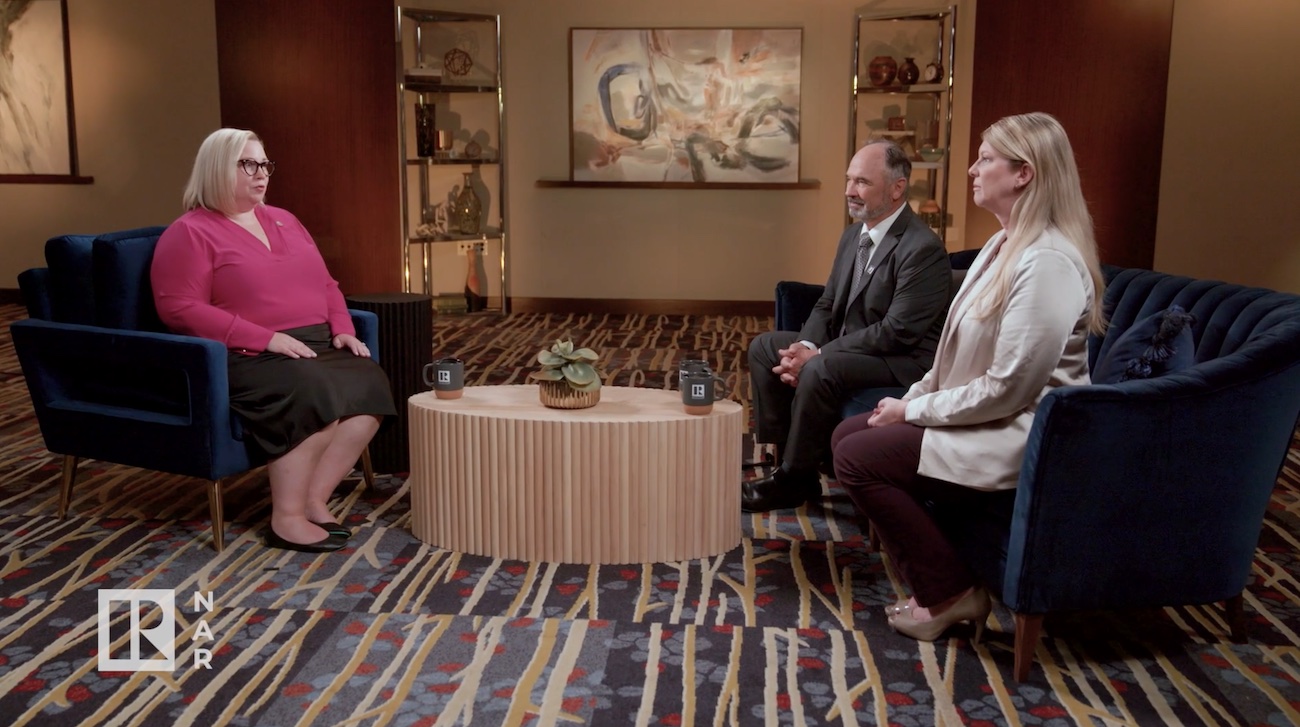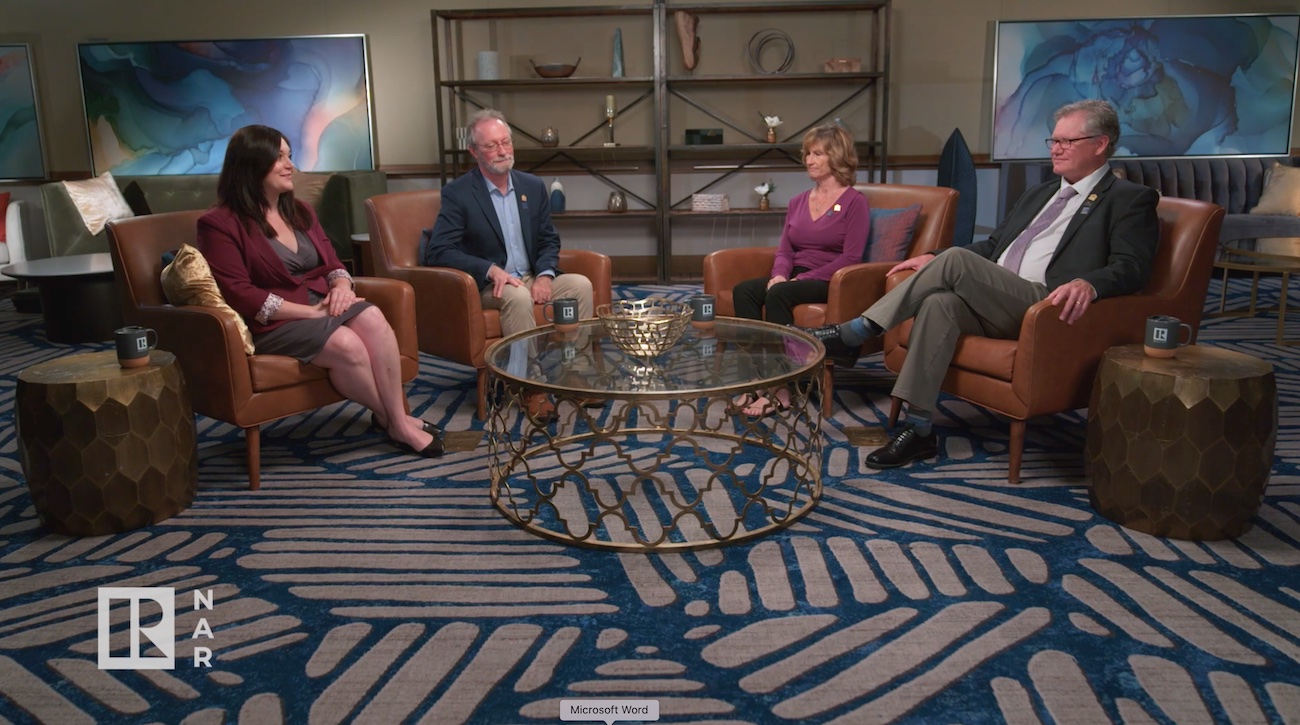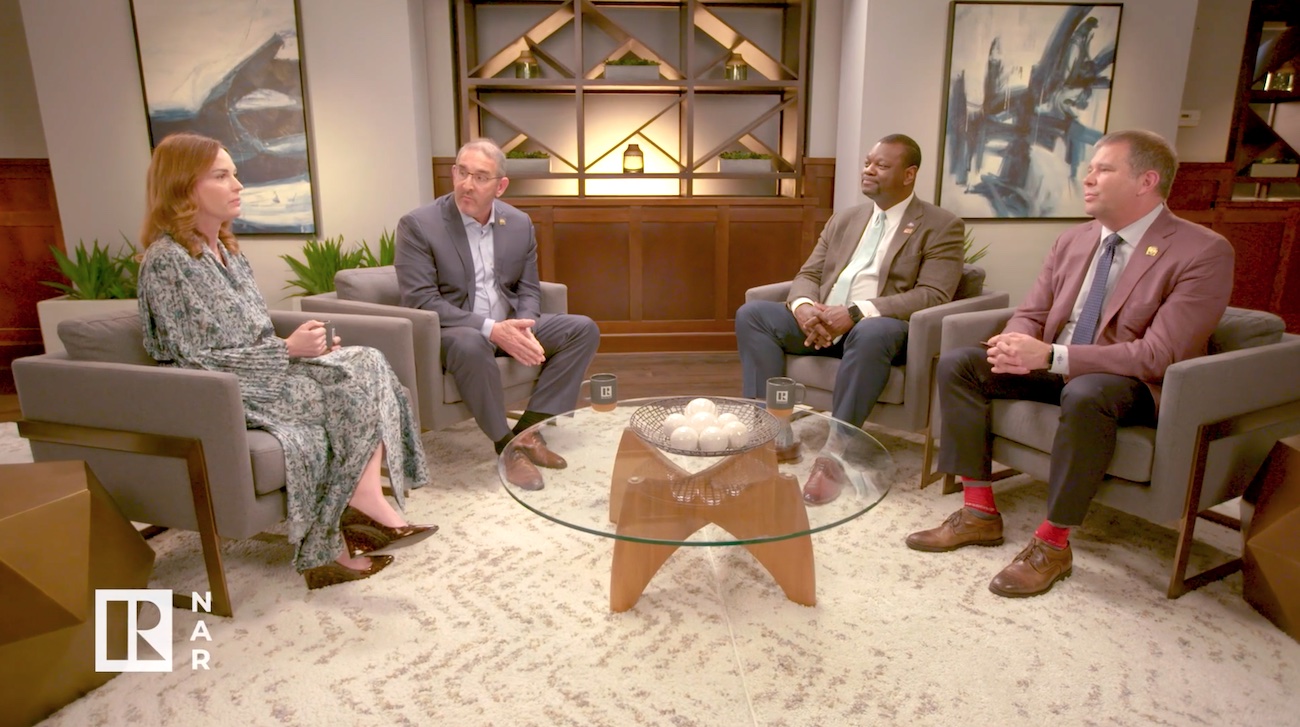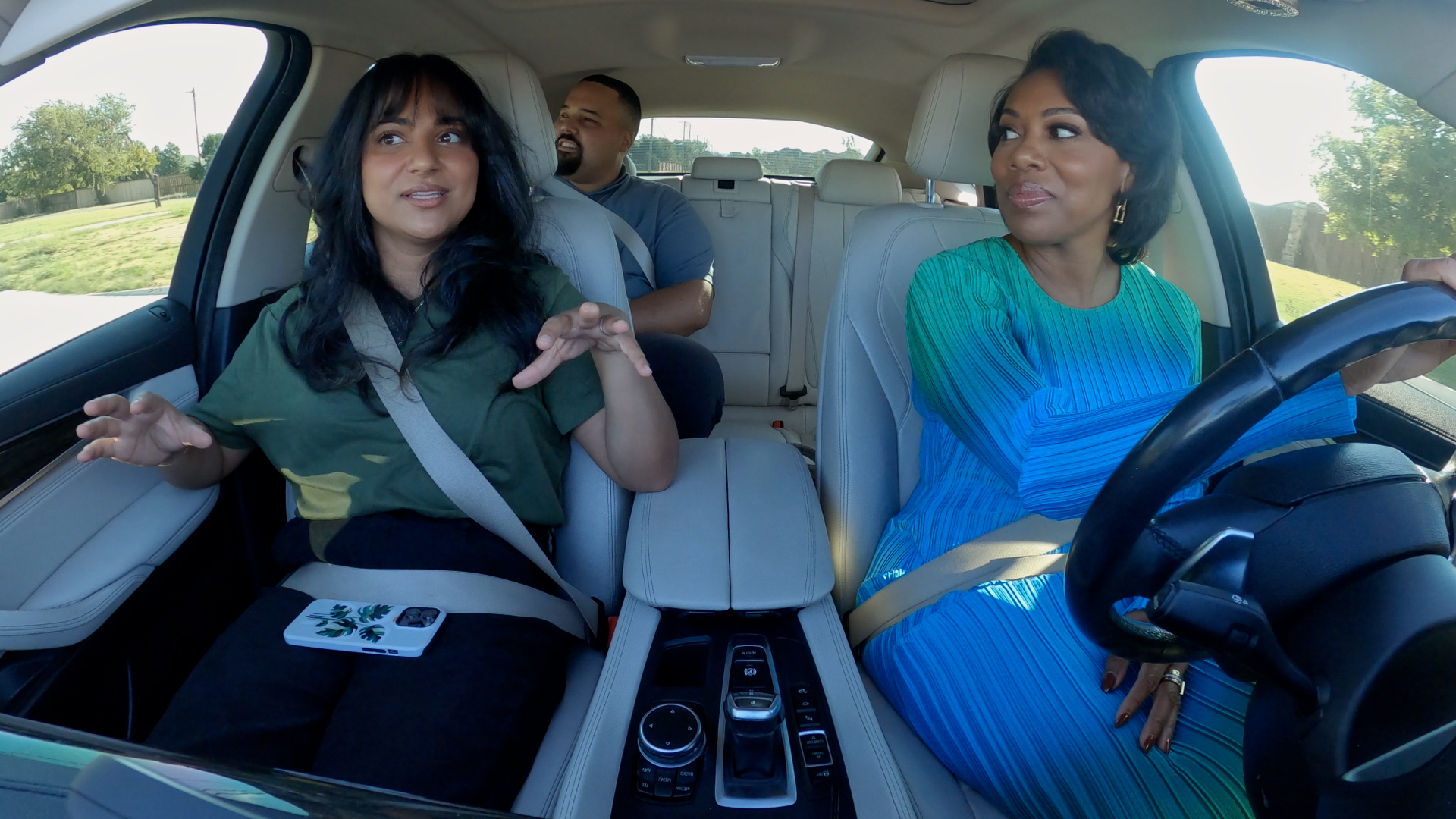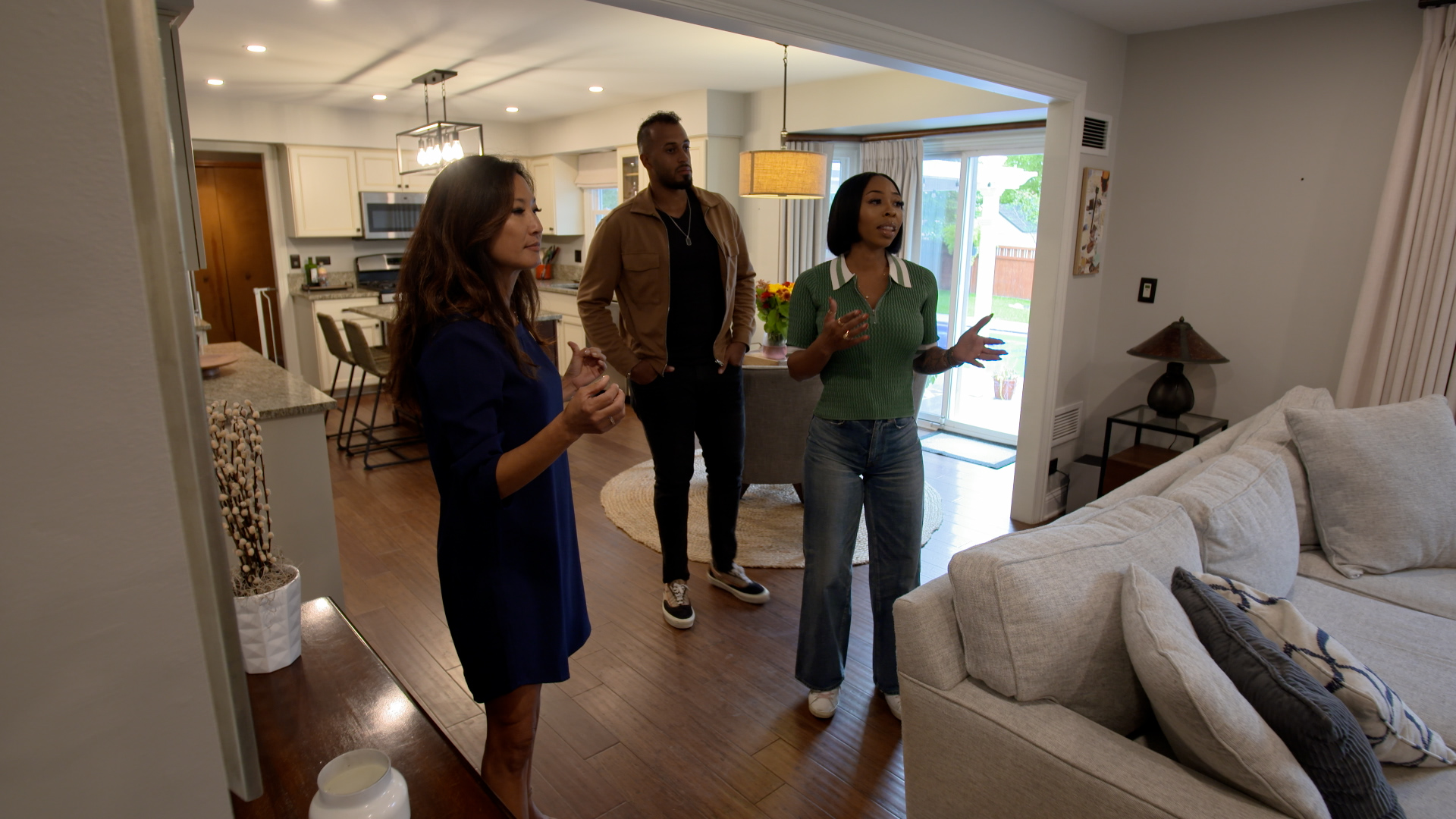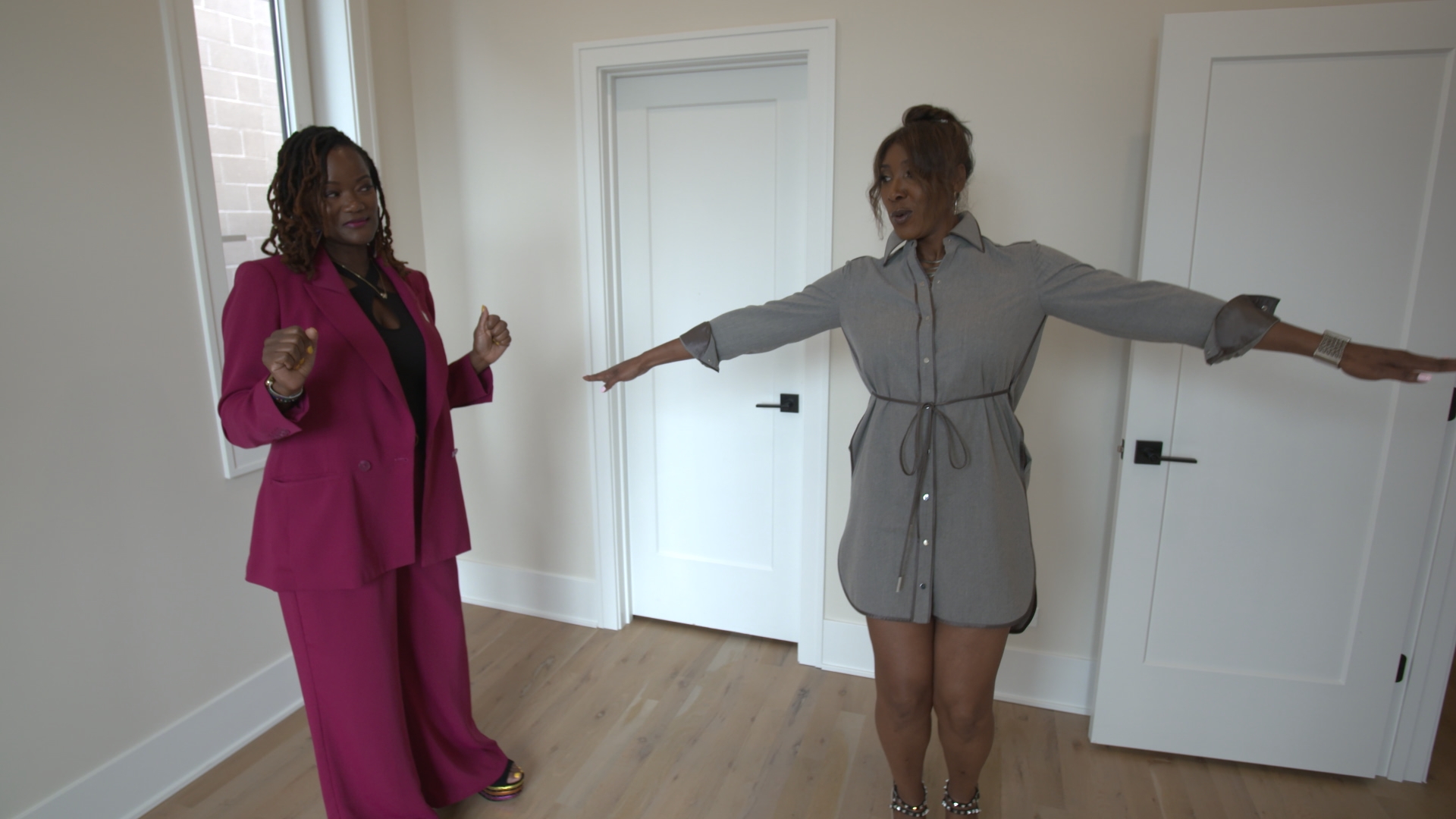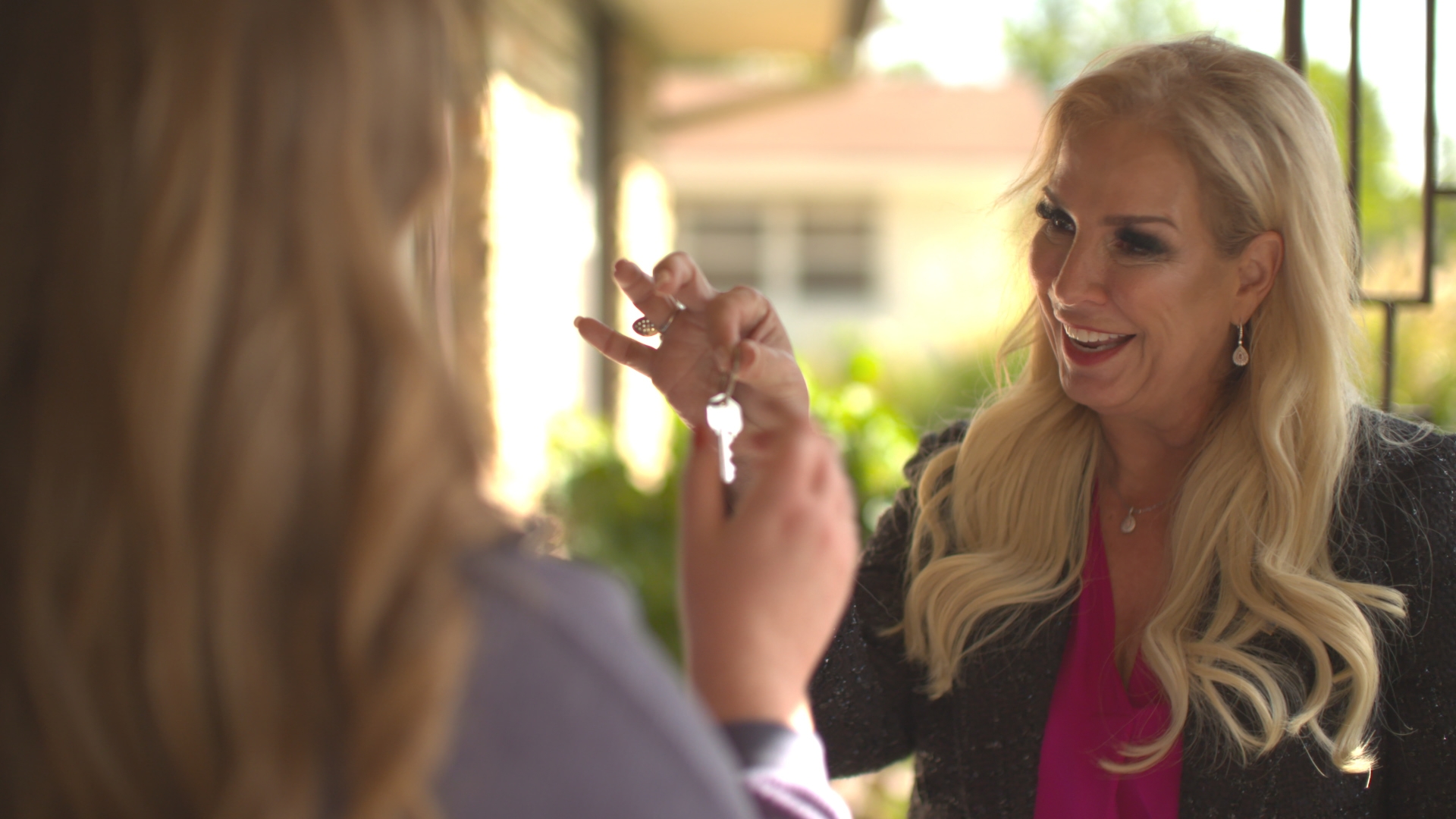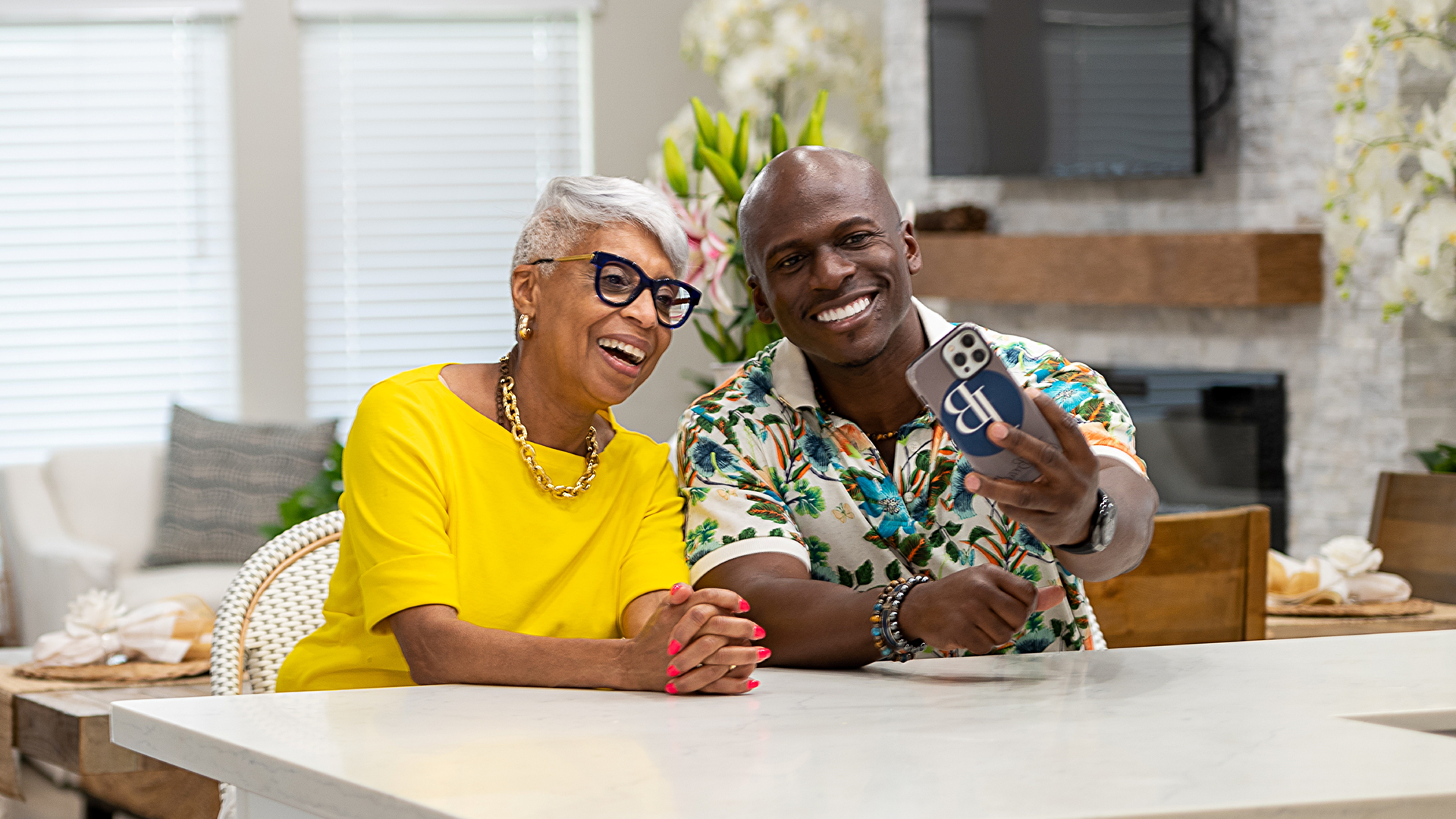Window to the Law: Using Images and Music in Your Business - Transcript
December, 2020
The photo you found online that’s perfect for your website, or your favorite song you want to use in a listing video – it’s tempting to use this content without further thought, but the use of third party materials without proper permission can make you the target of a copyright infringement lawsuit. The risk management strategies outlined in this video will help you properly incorporate copyrighted materials into your business and avoid costly mistakes.
Copyright law protects creative works like photographs, music, art, and even works that embody the barest amount of originality like news articles and news broadcasts. Using a work without proper permission infringes the owner’s copyright, and doing so can result in the destruction of the infringing materials, injunctive relief, actual damages or statutory damages as high as $150,000, as well as attorneys’ fees.
So how do you ensure that you have the proper rights to use third-party works before using them in your business materials?
First, don’t use third-party works without permission from the copyright owner. If you cannot determine whether a work is copyrighted or who the owner is, don’t use it.
Second, document permission in a license agreement and make sure your use complies with the terms of that agreement.
Third, save copies of license agreements. Maintaining copies will ensure if your use is ever challenged, you will be able to prove you had permission.
Fourth, keep in mind that fair use is actually a complicated defense to copyright infringement. Don’t assume it will apply without proper legal advice.
Before you use music in your business, you’ll want to keep these additional risk management points in mind:
- Want to play music at your next awards dinner or open house? You need a performing rights license to play music, live or recorded, at events. BMI and ASCAP are two organizations that offer performing rights licenses for a large selection of popular music.
- If you host virtual events, make sure your performing rights license permits the use of music virtually.
- Using music in a virtual tour or marketing video? You need a synchronization license, or a synch license, to use music in videos. Notably, this includes a video of an event where music was played. Securing rights for a live event is different from creating a recording with music. A performing rights license does not extend to video, and ASCAP and BMI licenses do not include synchronization rights, so you need to secure a separate synch license.
- It is especially critical to maintain copies of music licenses. Music owners often use software that scans the Internet and is able to identify uses of music in online videos. The music owners then send cease-and-desist letters, placing the burden on the video owner to prove it secured permission to use the music. A copy of the license agreement will easily dismiss these claims. Without a copy of the agreement, the video owner will be forced to pay a settlement fee for using the music or otherwise face potential litigation.
Adopt these best practices to ensure you successfully incorporate third-party copyrighted content in your business practices. Thanks for watching this episode of Window to the Law.














